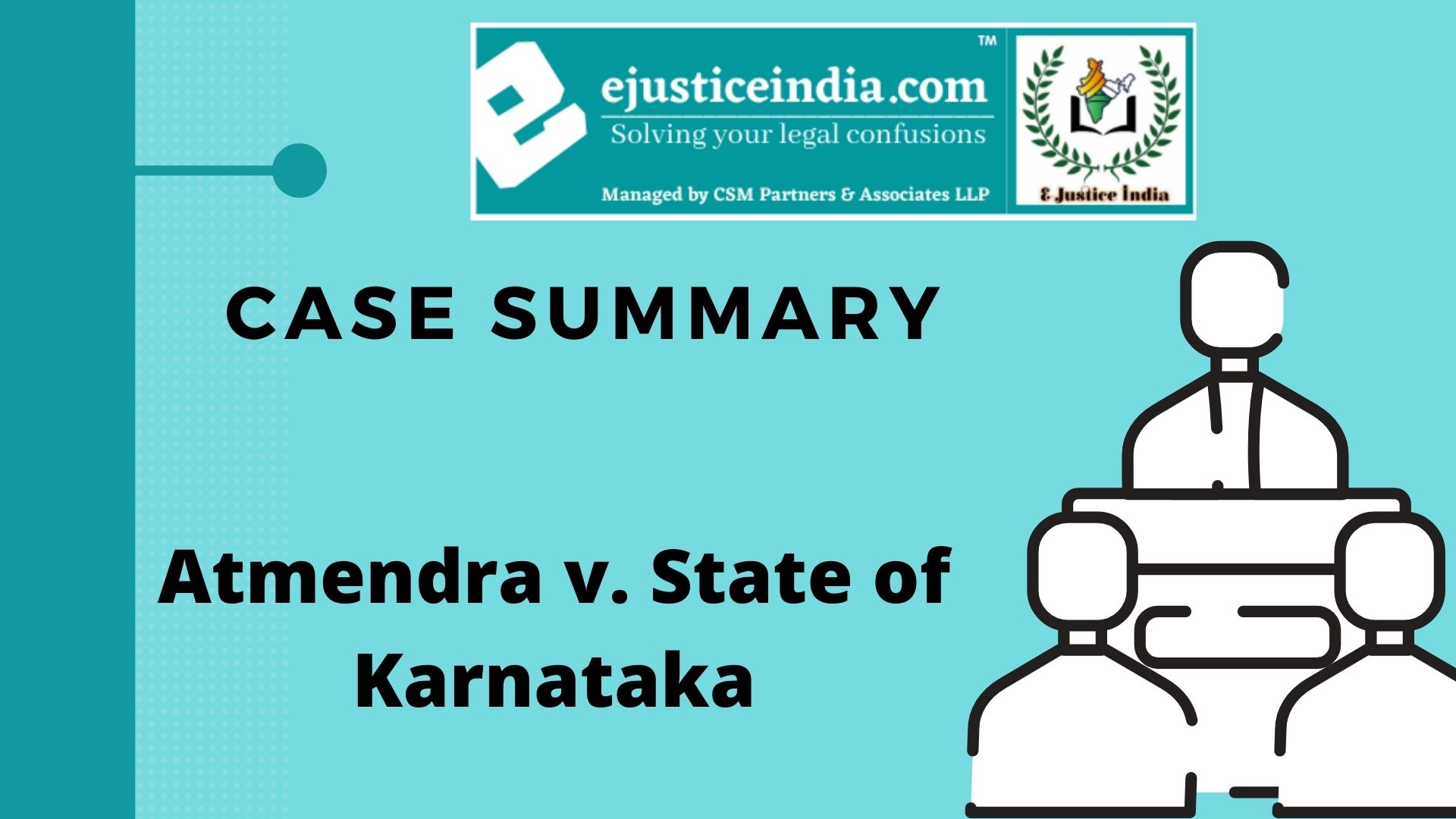Case Summary : Abdul Latif Vs. Niyaz Ahmad
Author : Darshi Sanghvi
- EQUIVALENT CITATIONS:
(1909) ILR 31 ALL 343
- BENCH
HON’BLE MR. JUSTICE JOHN STANLEY AND HON’BLE MR. JUSTICE BANERJI
- INTRODUCTION
“Nikah is my Sunnah” (tradition) – The Holy Prophet Mohammad
Marriage is a “Sacred Covenant”- The Holy Quran
Like the rest of the world, Muslims too consider marriage to be a fundamental building block of life. However, the solemnisation of every marriage requires adherence to certain essentials, including Free Consent and Will. This implies that the parties contracting a marriage must act under free will and consent, given without fear, undue influence or fraud. The consent must further be express or implied. Abdul Latif Vs. Niyaz Ahmad is a case in which marriage is brought about by fraudulent misrepresentation. The judgement delivered helps us determine whether consummation against the will of women validates the marriage or not.
- FACTS
Musammat Akbari was married to the defendant on 5th February 1906, but died on 28th of December 1906, before consummation of the marriage. The plaintiffs who were the legal representatives of the deceased, claimed that since the marriage had not been consummated, only one half of the amount of total dower (Rs. 20,000) was payable to the husband. The plaintiffs further argued that they were entitled to half of that half and sought to recover the suit for the said amount. The learned Judge discovered that Musammat Akbari was a sufferer of a serious illness which was actively concealed by her father at the time of marriage. It is this illness that prevented the consummation of marriage and took her life.
- ISSUES AND FACTS OF LAW
- Whether fraud was committed in the present case?
- Whether a marriage contracted through consent obtained by fraud can be considered valid?
- Whether the husband (defendant) is liable to pay the amount of the dower to the legal representatives of the deceased?
- JUDGEMENT
- The Learned Judge claimed that the marriage has been obtained by fraud and is hence invalid. The active concealment of the fact proves that the requirement of “free consent” was missing from the marriage.
Resultantly, the defendant is not entitled to pay the said dower amount. The plaintiff’s suit is hence dismissed, with costs including fees on the higher scale.
- Pg. 405 of Mr. Amir Ali’s work on Muhammadan Law, Vol. II states that in case the wife was suffering from an illness at the time of marriage that prevented the consummation of marriage and thereafter caused her death, then her right to the dower would be transmitted to her heirs. The learned Vakil of the Appellant refers to the aforementioned page and, in his defence, claims it to be contradictory to Page. 326 (when consent to a contract of marriage has been obtained by force or fraud, such a marriage shall be considered invalid unless ratified). However, the Court refuses to believe so on the grounds that the marriage described in Page 405 is a valid marriage, whereas the marriage in the present case is invalid.


